In some Karuna-Shechen clinics, acupuncture is offered as a traditional treatment method. Inspired by Chinese medicine, this technique aims to stimulate specific points on the body using thin needles or massage to relieve various ailments.
In India, healthcare systems value traditional medicine and alternative therapies such as acupuncture. This makes it easier to integrate these practices into a supportive cultural environment, encouraging their safe use. In a context where the cost of care can be an obstacle, acupuncture is positioned as an affordable option, offering a therapeutic solution accessible to a wide public.
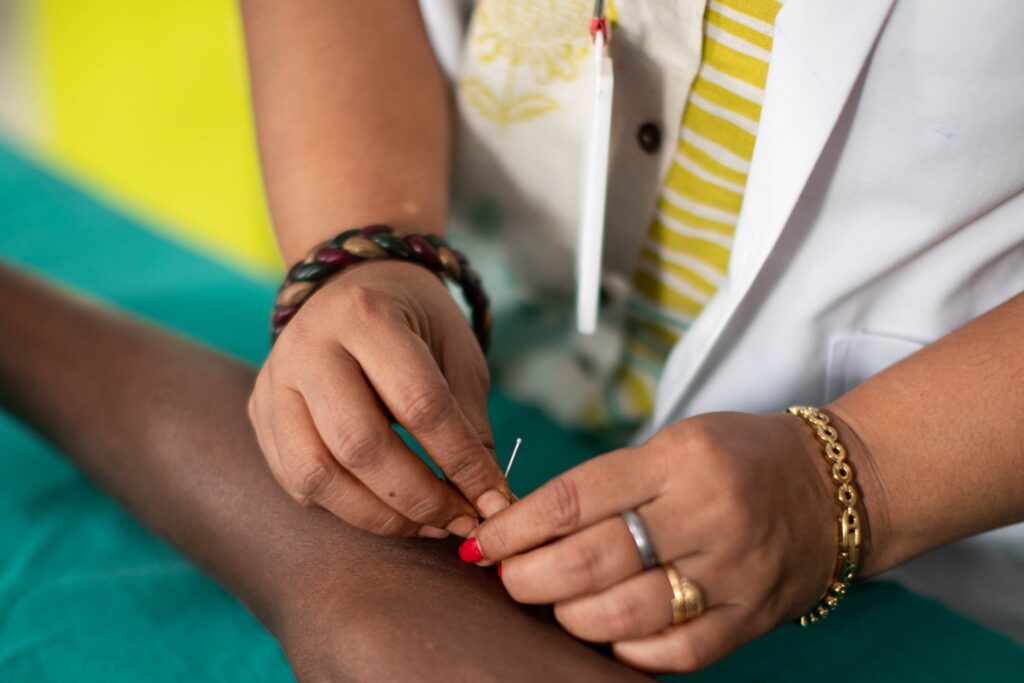
Medicine for everyone
Health programs aim to provide specific solutions to save lives, alleviate suffering and protect the most vulnerable. Our clinics and health centers operate around the clock, offering daily diagnostic services as well as general, specialized and traditional medicine.
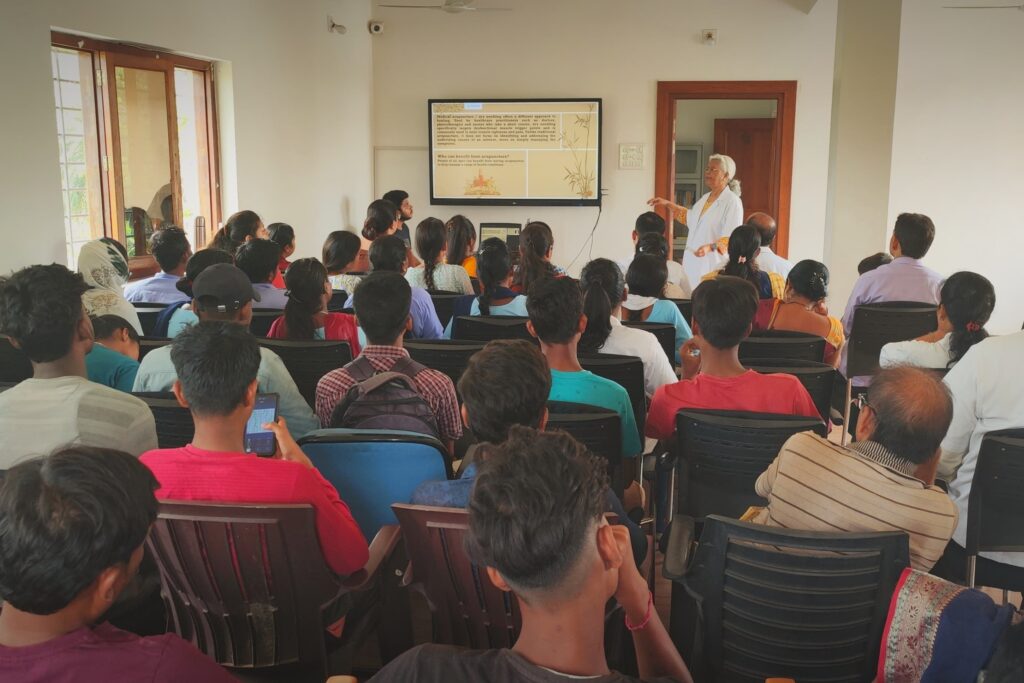
Dr. Jaya Moitra, head physician at the clinic in Jharkhand (India), is also certified in acupuncture. Since 2014, she has been integrating this approach into the care offered to patients.
In fact, on May 21, 2024, she led an awareness-raising session aimed at introducing her to the field.
It was attended by 51 participants, including vocational students, office staff, emergency personnel, patients and trainees.
A complement to conventional medicine
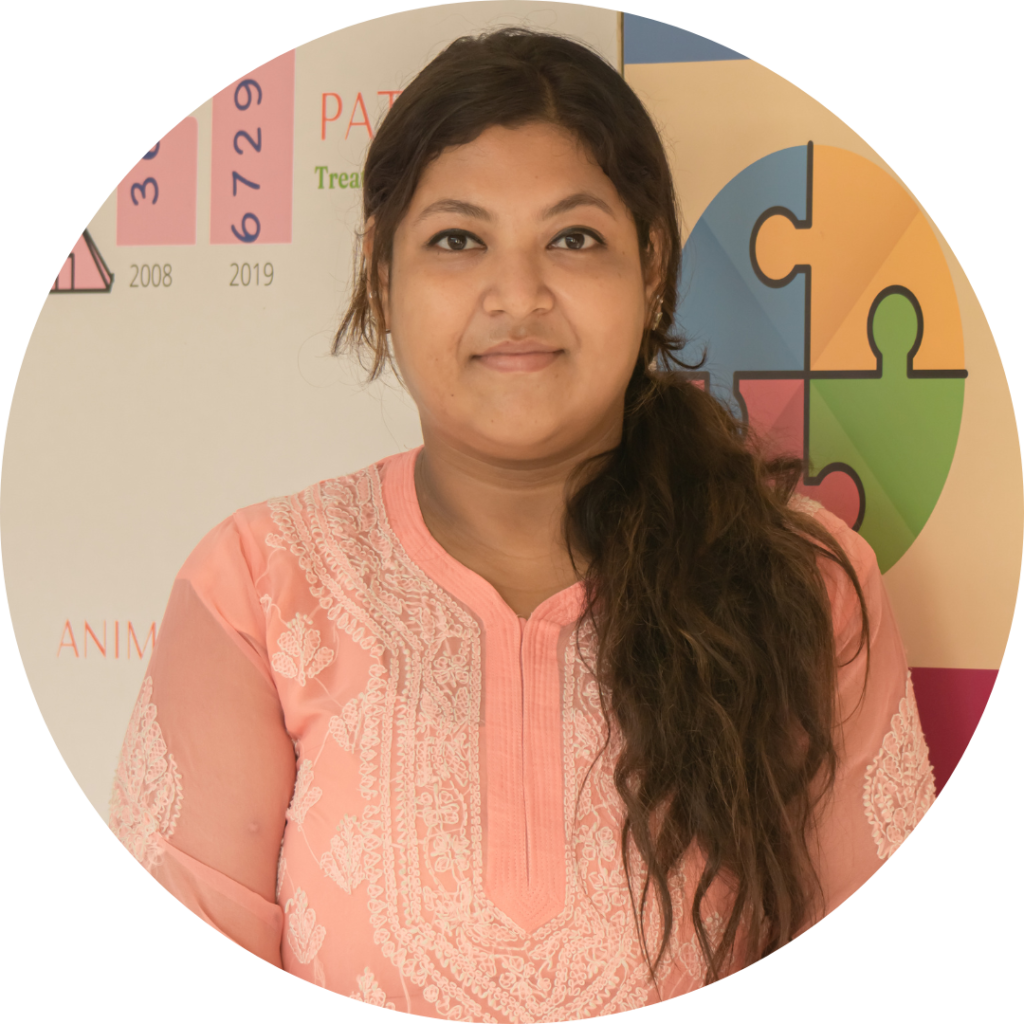
The Acupuncture session was really good and insightful for me. I got a very vivid idea of how acupuncture therapy works and how it can be a solution for different kinds of physical and mental health issues like joint pain, depression, menstrual pain, headaches, etc.
Swapna Mistry, Education Coordinator, Jharkhand
The awareness-raising session explained the benefits of acupuncture in the treatment of certain pains and other conditions, and aroused the interest of participants.
Dr. Jaya Moitra began by recounting her trip to China, where she first learned about acupuncture. She then went on to explain the benefits of this technique which, although practised for over 2,000 years, is now adapted to the needs of contemporary medicine. It can relieve certain symptoms for which conventional treatments are insufficient.
At the end of the presentation, participants were invited to ask questions.
As for me, I would consider it a privilege to conduct such sessions, particularly on Acupuncture. These gatherings provide an opportunity to get a glimpse into the minds and thoughts of the people around me, more precisely my patients, and understand their perspectives on Acupuncture.
Dr Jaya Moitra
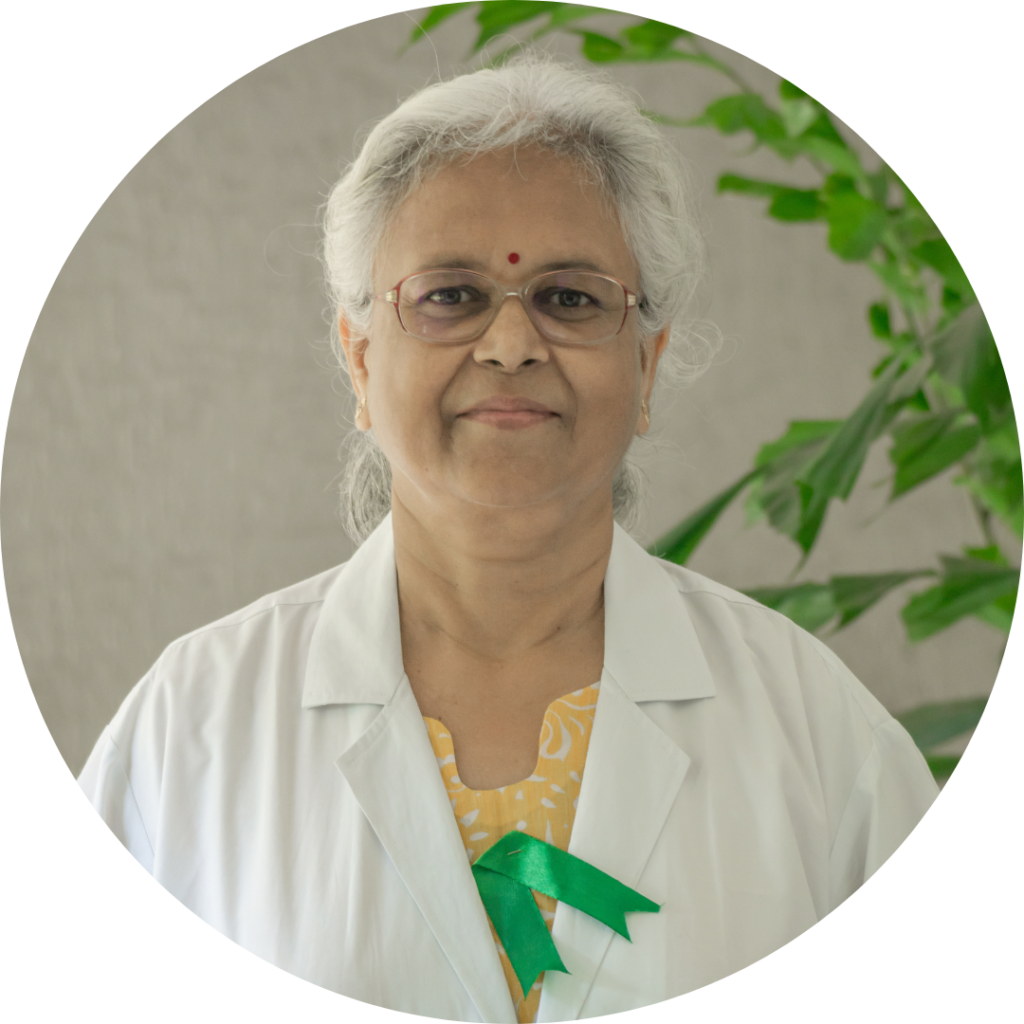
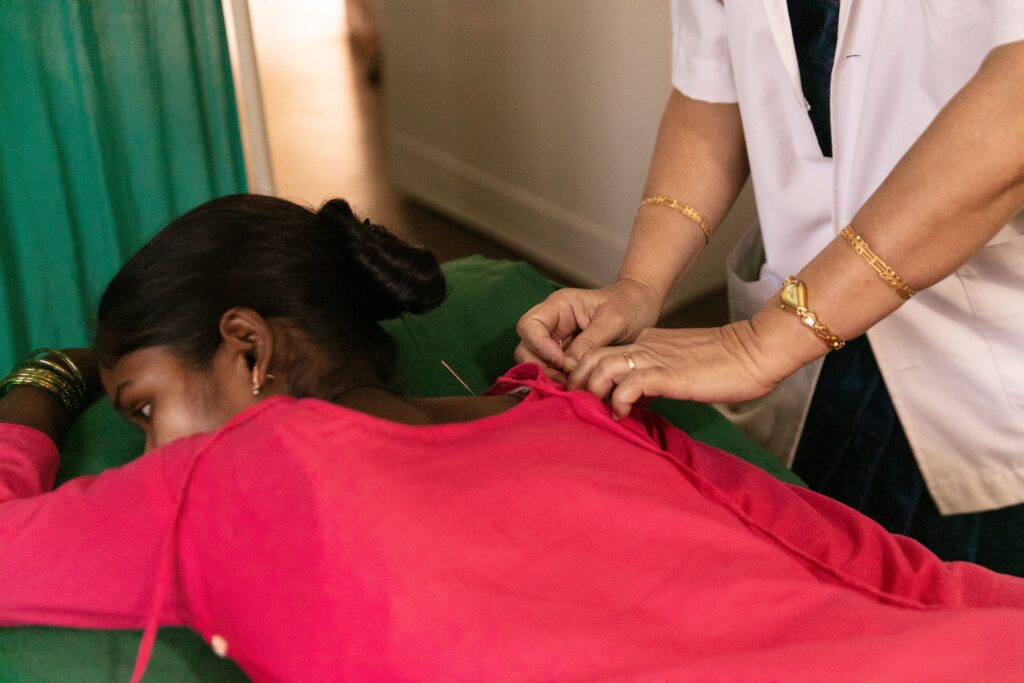
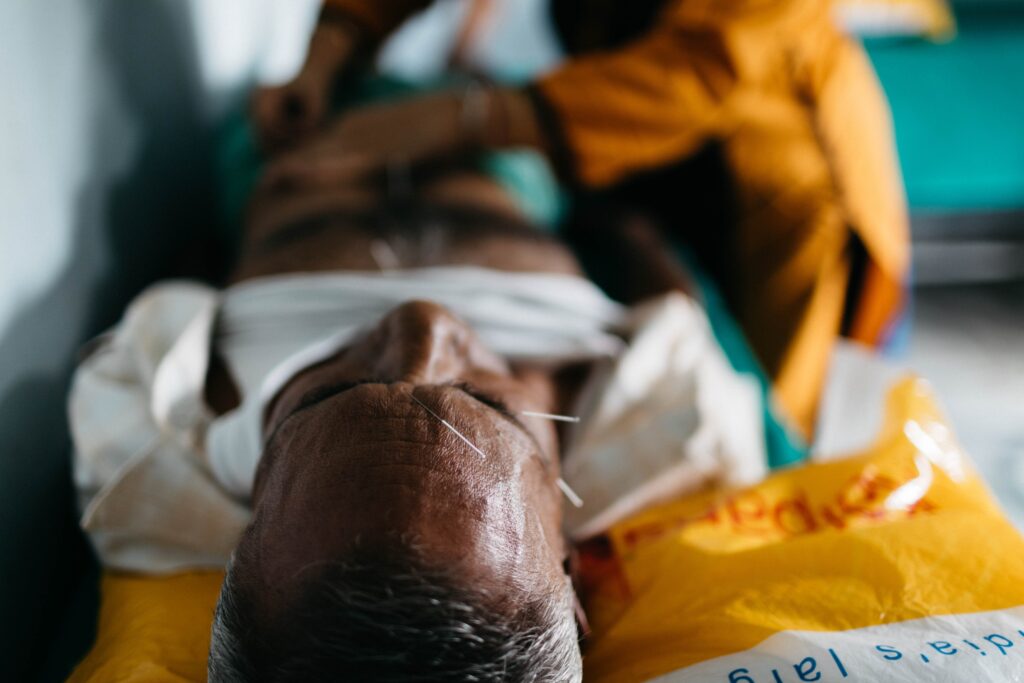
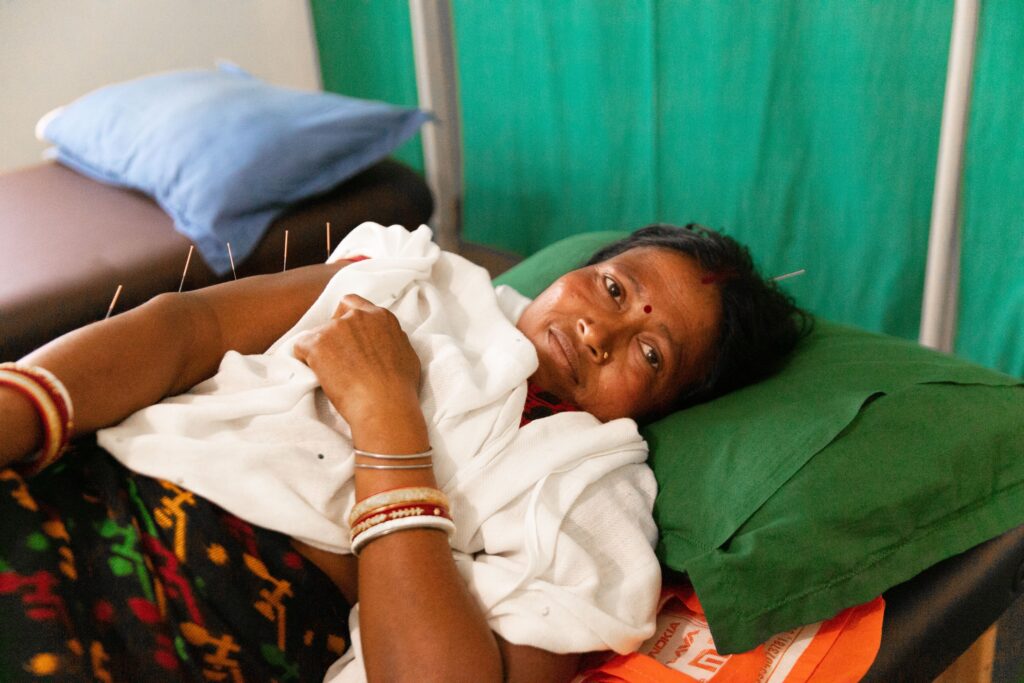
Raising awareness to combat misinformation
The awareness session helped to dispel fears about this traditional technique, as fear of the unknown is part of human nature, as Dr Jaya Moitra explains: “Unless I understand something and am clear about it, I cannot opt for that protocol without fear.”
The awareness-raising event also generated interest among those present, encouraging them to consider acupuncture as a complementary approach to conventional treatments, in line with the recommendations of the World Health Organization. The latter recognizes the effectiveness of acupuncture for certain conditions, but stresses the importance of integrating it into a comprehensive and safe treatment program, carried out by qualified practitioners.
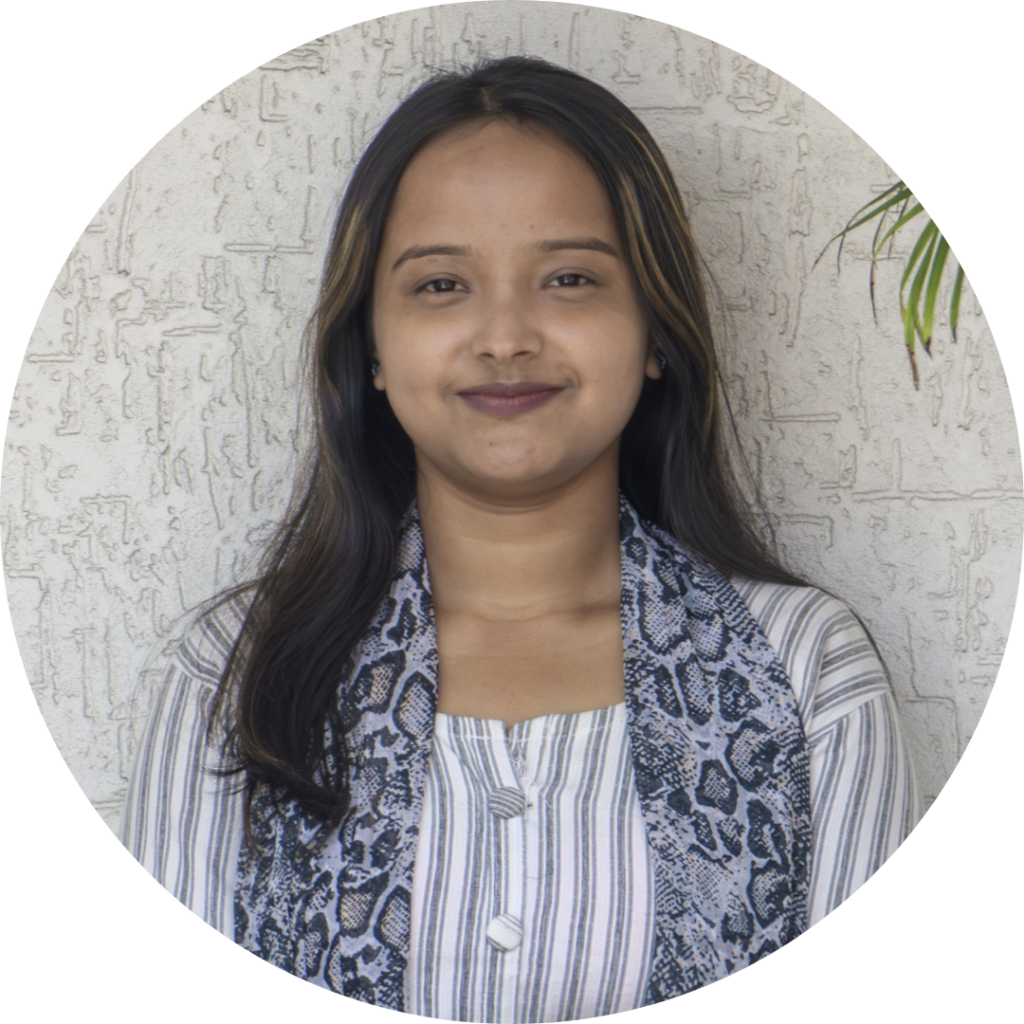
Dr. Jaya Moitra’s presentation provided an incredibly informative and comprehensive overview of acupuncture. She explained that the insertion of thin needles at specific locations can significantly manage pain and regulate our body’s biochemical pathways.
Anindita Kundu, Livelihood Coordinator, Jharkhand
